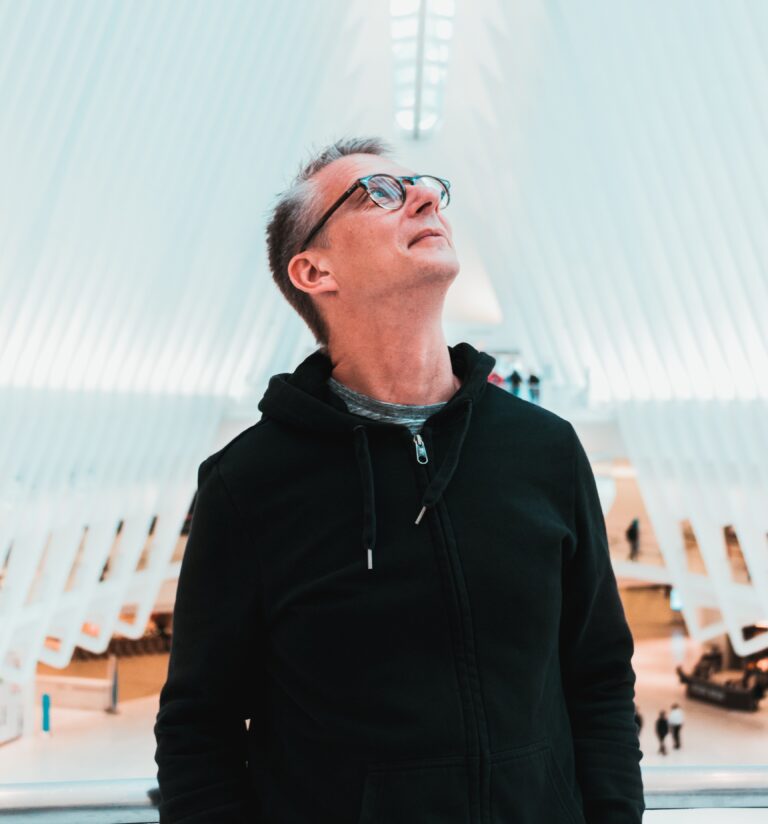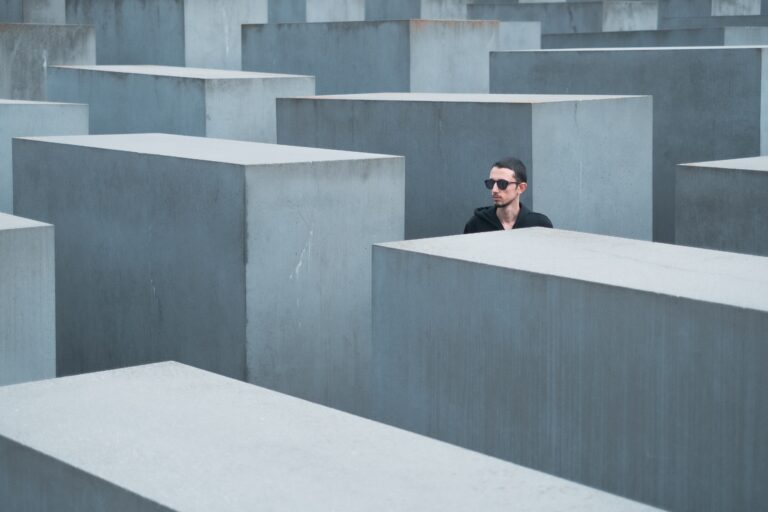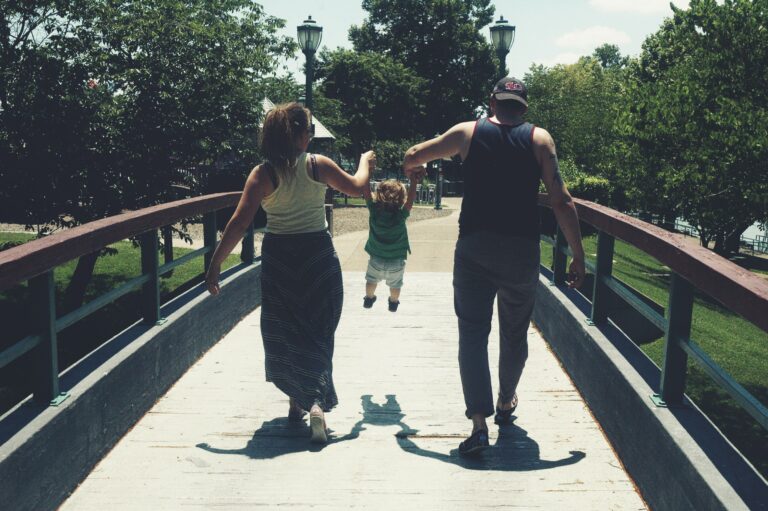Belief Two: Six Steps of the Our Unique Life Cycle
Each of these steps, while straightforward, is unique and significant in its own way.

Understanding the human life-cycle can help us gain a deeper appreciation for the natural process of life and death. Each step plays a crucial role in the journey of an individual’s life, and it is essential to understand the significance of each step to fully appreciate the cycle of life. Let’s explore these steps in detail and examine how they shape our understanding of human experience.
Step 1: Spirit Existed
Before an individual is born, their spirit exists. Some believe that this spirit is eternal and has always existed, while others believe that it was created at the time of conception. Regardless of the belief, the spirit is believed to be the essence of our human experience, the core that carries our true self, and the source of our consciousness and intuition. Throughout this stage, the spirit waits for the opportunity to take form in the womb.
Step 2: Before Born
This stage of development begins at the point of conception and ends with the birth of the individual. This is when the spirit becomes wedded to the physical body, and the process of creation begins. It is an incredibly dynamic time in the body’s development, where each organ system undergoes a different level of growth and transformation. This stage of development lays the foundation for the individual’s future health and well-being.
The mother’s health and life choices during this time also can significantly impact the individual’s development. Proper nutrition, daily exercise, adequate rest, and stress management play a vital role in this development.
Step 3: Birth
At birth, an individual takes their first breath, and hence, their independent life begins. This is often viewed as the start of the human life cycle. The newborn’s first experience of the world is a shock as it is an entirely new environment. The newborn will begin to learn about the world and its inhabitants through its senses and impressions. They are both passive and active witnesses, soaking up information, and responding to stimuli that they encounter.
Here, the road to shaping their future personality traits, preferences, and cognitive and emotional development begins. On to the next stage.
Step 4: Life
During this stage of the human life cycle, an individual grows and learns to meet the challenges presented to them. They move from a state of dependence on family and caregivers to independently managing their lives as adults. This is the time when individuals learn to make decisions, form relationships, and explore life’s opportunities.
The period of life is divided into two stages- adolescence and adulthood. During adolescence, the individual experiences a significant transition from child to adult. They develop crucial skills required for the next stage of development -adulthood. The individual may experience varying degrees of emotional turmoil and identity confusion. This is the time when friendships and romantic relationships often become more critical. Self-esteem and personal identity are the critical challenges faced during this period.
During adulthood, individuals have a complex set of roles and responsibilities to fulfill. These include family, friendships, work, community, and personal goals. The individual may marry and have children, start a career or a business, and take on new roles within their community. They may also face challenges such as economic instability or health problems.
In many cultures, individuals from middle age to old age have a significant amount of status and respect and sit in positions of leadership. Additionally, people in this age group tend to be wealthier and occupy more significant social, political, or religious positions than in their earlier years.
Step 5: Death
After living an undetermined amount of time, an individual reaches the end of their time on Earth. They pass away, and their physical body ceases to function. Death is an inevitable part of life, and it is often associated with sorrow, fear, and grief. Death is also filled with spiritual significance. Many see it as a final liberation that completes one’s journey on earth while opening a new phase.
When people have reached their deathbeds, they may reflect on their life. Some prefer to focus on the positive elements of their existence, reviewing their achievements with pride and acknowledging the contributions they’ve made to those around them. Others tend to revisit the positive and negative moments in their past lives and reconcile with any remorse. Regardless of the individual’s perception, the dying process is highly personal and unique to everyone.
Step 6: After Death
The final stage of the human life cycle is after death. It is widely viewed as the continuation of divine nature. According to many cultural belief systems, the spirit moves on to a different plane of existence while the physical body disintegrates to dust over time. This step in the human life cycle plays a significant role in shaping individuals’ views and beliefs about the world beyond the present physical reality.
Certain religious belief systems hold that the spirit moves into heaven, or hell, or enters into reincarnation, while others take a more organic approach where the essence of the individual disperses into nature after they die. Regardless of their religious or philosophical views, many believe that an individual’s spirit continues even after the physical body dies.
Six steps of our unique life cycle
The human life cycle is a reflective journey that spans spirit existence, before born, birth, life, death, and after death. Each step of the cycle presents unique challenges, and opportunities to grow, learn, love, and pursue one’s life journey. Each step of the cycle also has significant cultural, philosophical, and ethical implications. Ultimately, an individual’s unique life journey will be shaped by their experiences, beliefs, and choices. By embracing the ever-changing nature of life, individuals can lead lives filled with meaning, purpose, and gratitude.



